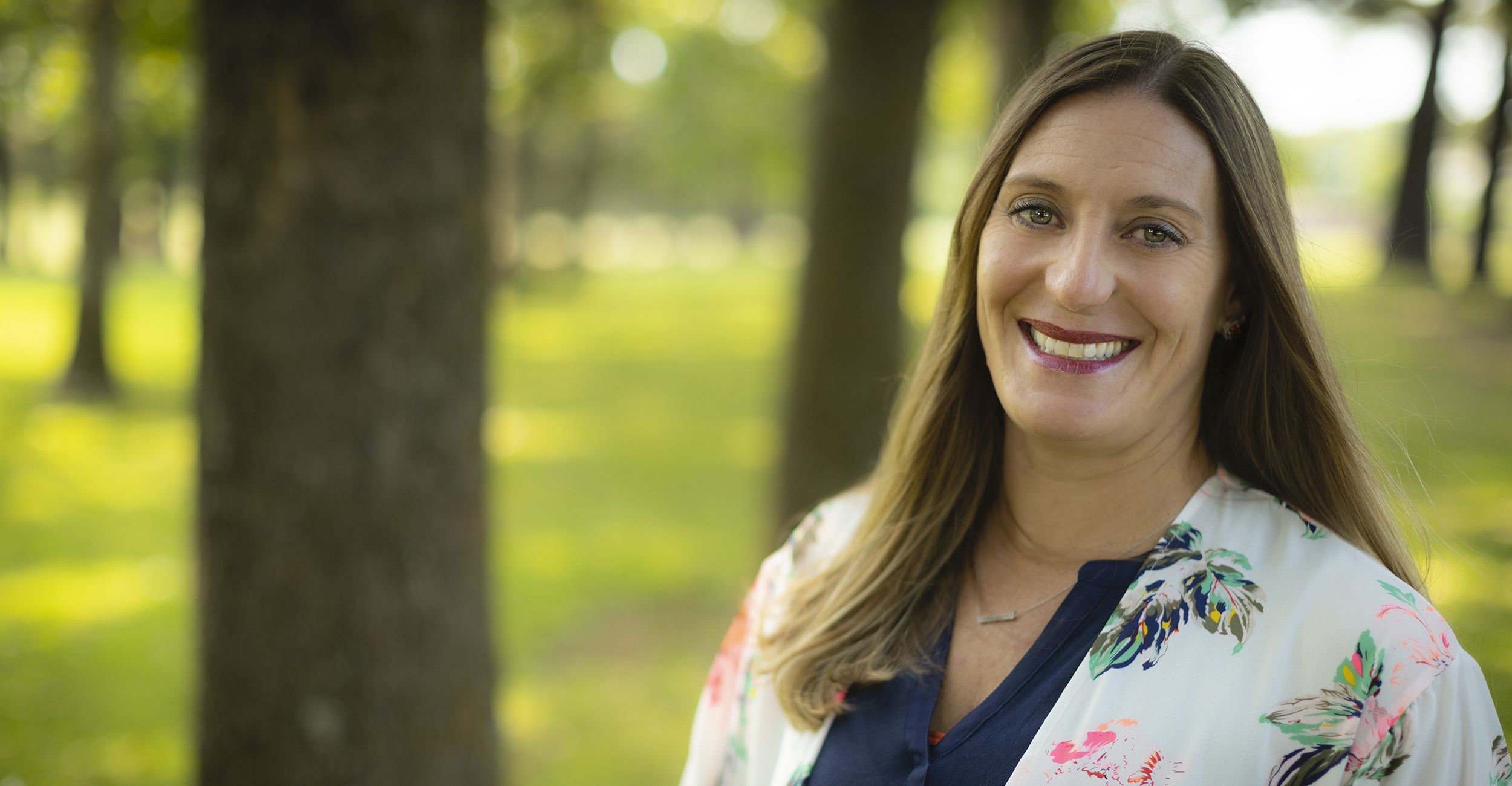
4-H'ers ready for Roundup and beyond
Tuesday, July 20, 2021
Media Contact: Brian Brus | Agricultural Communications Services | 405-744-6792 | BBrus@okstate.edu
Oklahoma 4-H members are facing challenges and cultural changes that previous generations couldn’t have imagined, but past presidents shared a message for them ahead of the 100th annual State 4-H Roundup: Don’t worry, you’ve got this.
“They’re all leaders, and they’re all here for the same reason,” said Missy (Connor) Quintero, the 1998 president. “One of the most important things about Roundup is that it brings together so many people from so many different backgrounds and locations who share the same mindset of wanting to help others and wanting to be leaders.
“They want to make the best better and to improve the future, not just for us, but for the whole country and the whole world,” she said. “And they can. They’re prepared. 4-H teaches you to give back and help others.”
The event will be held July 28-30 in Gallagher-Iba Arena on the Oklahoma State University campus. As usual, Roundup has a full schedule of contests, workshops, award presentations and opportunities to make new friends. Although last year’s conference was held virtually in response to the COVID-19 pandemic, it was still hailed as an overwhelming success by attendees. The unusual circumstances brought the organization’s strengths to light, said Quintero and others.
“There are so many things that now compete with 4-H involvement, but the organization has been able to adapt. 4-H is still evolving,” said John Cothren, who led the organization in 1994. “When I was president, you didn’t have social media on cell phones. All that information at your fingertips now has truly changed the world, for good and bad. But we’re still based on true people-to-people involvement. Life is not a virtual experience.”
Cothren’s mother, an OSU Extension educator in Garvin County, oversaw his 4-H development and now helps his children with their projects. Cothren lives in Stratford, Oklahoma, with his family, watching as his 11-year-old son, Cash, and 9-year-old daughter, Charlee Grace, grow into the organization’s activities. When Cothren was president, he struggled to balance his personal schedule, 4-H leadership responsibilities and preparations for college. 4-H helped him develop time-management skills that led to a successful career at P&K Equipment as regional operations manager.
Quintero is excited for her 13-year-old son, Connor, who gets to attend Roundup for the first time this year. Like Cothren, the Enid resident worries that the 2020 COVID experience taught people to rely too much on virtual relationships.
“People still need to be around other people,” she said. “It’s one of the biggest struggles the youth of today will have to deal with.”
Kendra (Rash) Morrissette, president in 2012, said 4-H leadership skills emphasize the best in each person, whether they’re online or in the same room. Virtual platforms also provide the opportunity to identify personal communications styles that might need improvement — again, using lessons learned in 4-H.
Morrissette said today’s 4-H’ers seem to be more aware of the value of diversity, both in cultural perspective and learning opportunities — for example, the introduction of STEM (science, technology, engineering and mathematics) project content. It will also be important to embrace urban youth alongside their rural peers as the organization grows, she said.
Morrissett comes from a long line of 4-H’ers, back to her great-grandmother. Her mother also was her Extension educator. Morrissett lives in West Lafayette, Indiana, pursuing a doctoral degree in agricultural economics.
Quintero, who runs Spirit Express Cheer and Tumbling Academy in Enid, said leadership skills take many forms. 4-H’ers, whether or not they attend Roundup, in person or online, are better prepared than they realize.
“You don’t have to be appointed to a position to be a leader. You can be 8 or 9 years old and volunteer at a nursing home or help a younger kid at school,” she said. “Leaders are role models; they inspire and empower people.”
